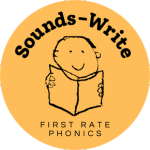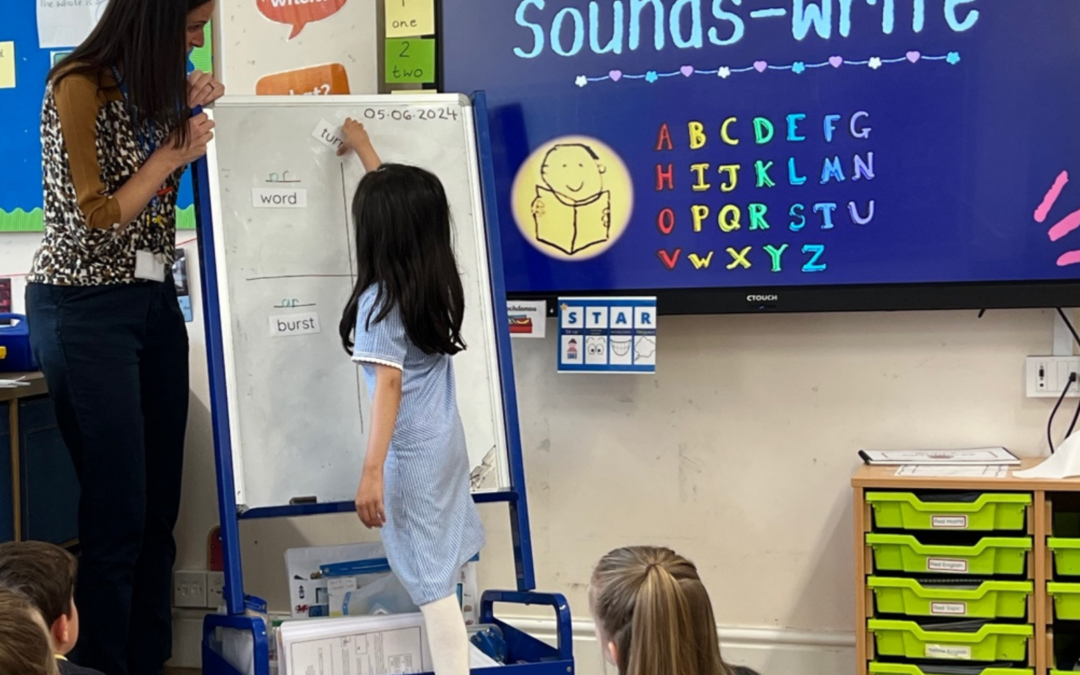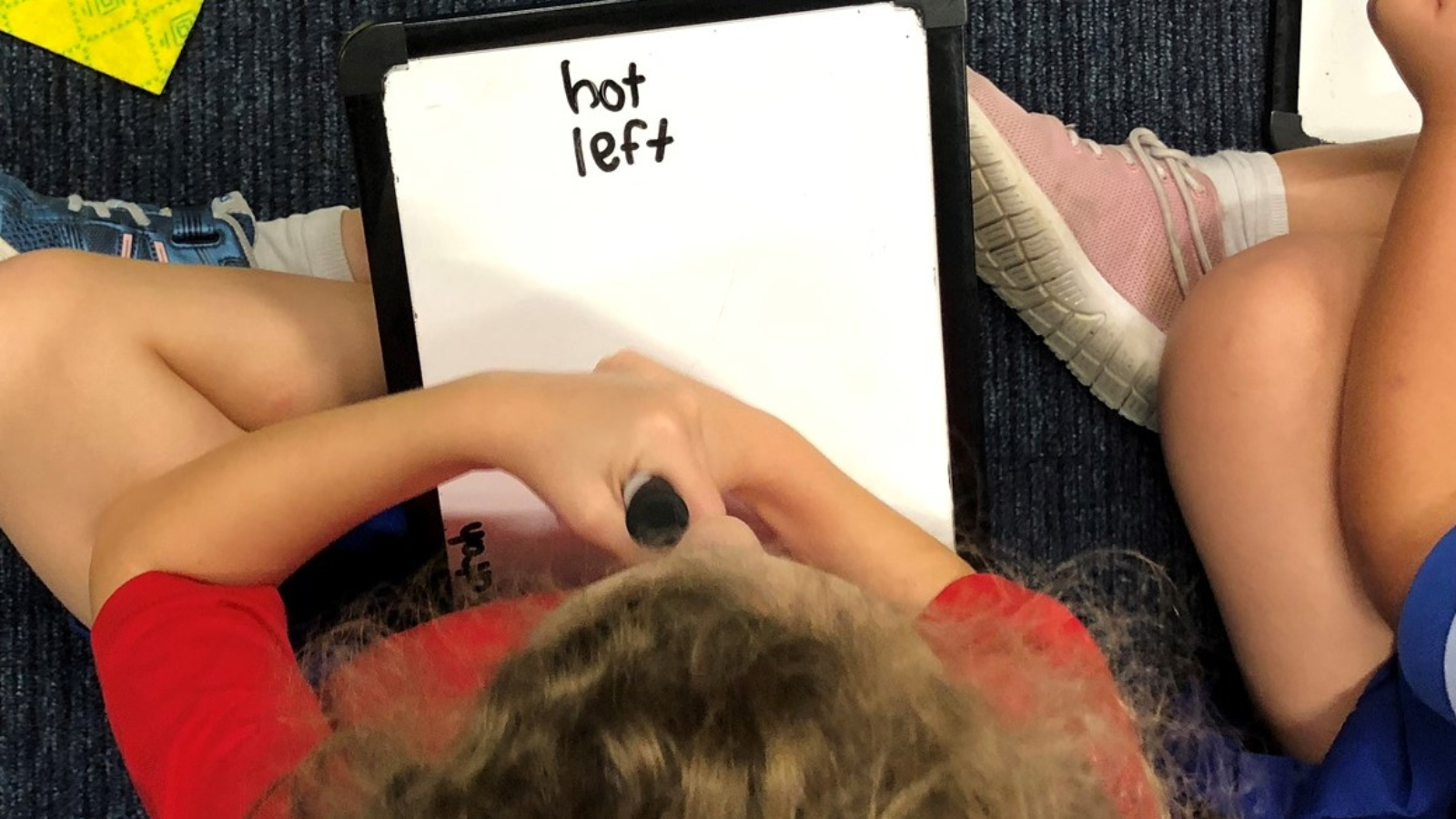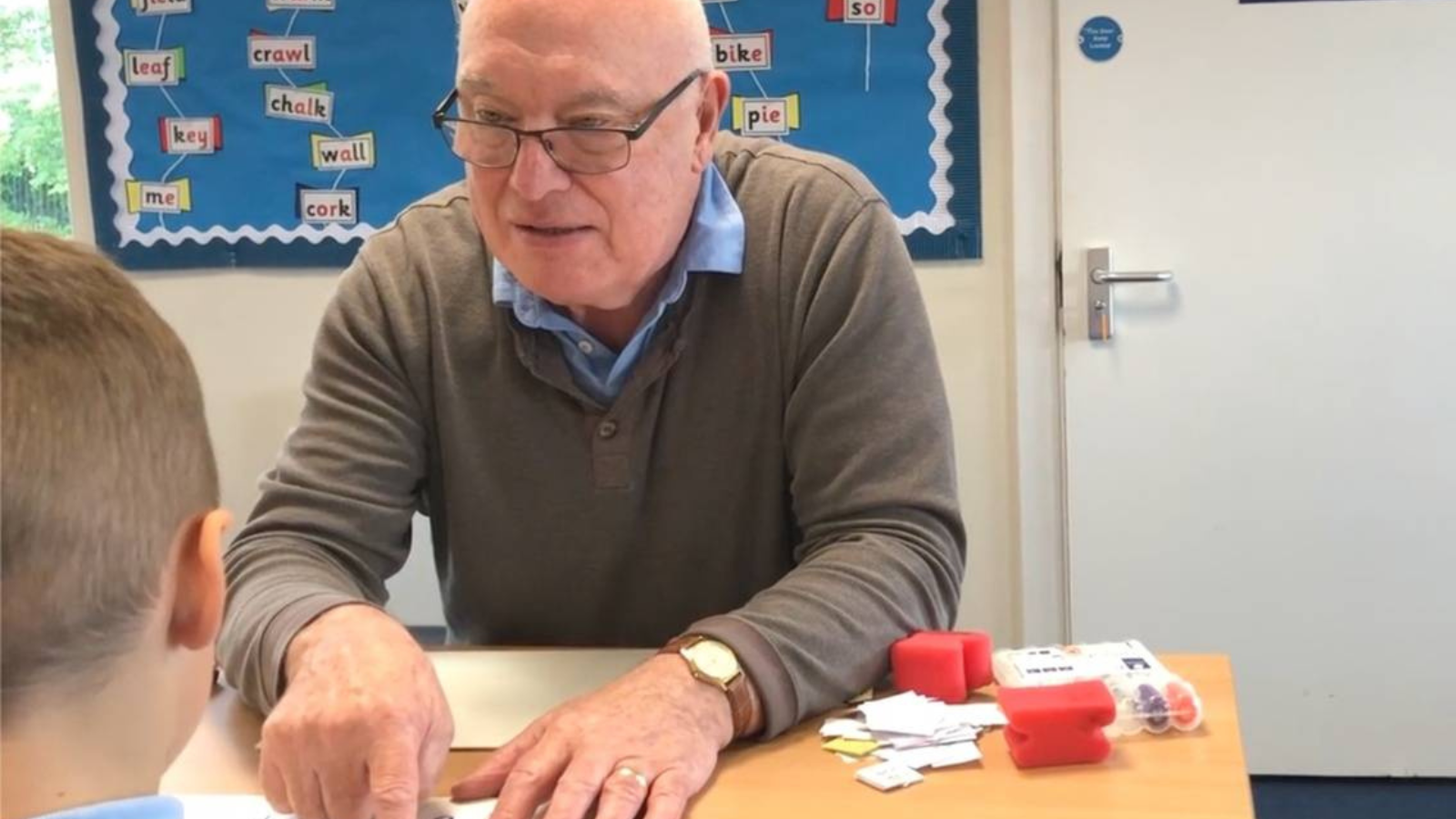Last week, John Walker and I had the privilege of visiting Twynyrodyn Community School in Merthyr Tydfil, Wales, to observe their phonics lessons in Reception, Year 1 and Year 2, as well as in an intervention setting. The school motto is ‘Giving our children the best possible start in life’ and headteacher Alec Mills and the rest of the staff are clearly invested in making that happen in this calm yet vibrant school. Having started their Sounds-Write journey a couple of years ago, the school’s phonics is now thrumming and it was a pleasure to watch so many well-structured, interactive Sounds-Write sessions.
Here are some key takeaways from our visit.
1. It’s not about the bells and whistles – knowledgeable teachers are key:
It is clear that for Alec and his staff, teacher knowledge and professional development is fundamental. When teachers have a clear grasp of the knowledge, skills and conceptual understanding that students need in order to learn to read and spell, they can teach with very simple resources, responding to the needs of students in the moment by adapting the amount of scaffolding they provide. Whether they are using the interactive resources available on the Sounds-Write Practitioners’ Portal or using ‘sound cards’ or words on the board, it is the deep understanding of how the alphabet code works and how to teach it that provides purpose to their teaching and interactions with the students.
So, if you’re thinking of implementing a new phonics programme in your school, make sure you put professional learning front and centre of your strategy.

2. Teach whole class whilst providing skilled and responsive differentiation
Some phonics programmes encourage teaching phonics lessons in small groups. In Sounds-Write, we believe grouping students tends to widen rather than narrow the gaps, so we firmly believe it is more equitable to teach whole class. It was great to see this happening all the way from Reception to Y2 at Twynyrodyn Community School.
Teaching whole class doesn’t mean that ‘one size fits all’ and knowledgeable teachers can use responsive teaching and differentiation in a whole class setting to meet the needs of all learners. Indeed, differentiation within whole-class Sounds-Write sessions is not about providing different activities or ability groupings – it is about the skilled and responsive teacher giving opportunities to all students to learn, to practise, to repeat, and to be guided through error corrections. It was a pleasure to see how teachers used clear scaffolding techniques to provide the right amount of support or, indeed, challenge for each student.
This doesn’t mean, of course, that students who are identified as needing more practice or support should not be provided with more targeted interventions. We visited an intervention class for older students who had not had Sounds-Write as the phonics programme from the start of their schooling. They were clearly making great progress in their reading and spelling thanks to their teacher’s targeted and systematic approach to ‘filing the gaps’ in terms of code knowledge, but also, equally important, in terms of phonemic awareness skills and conceptual understanding. Again, it is teacher knowledge that is key to providing responsive teaching both whole class and intervention settings.

3. The point of learning to read is… to read!
It was really gratifying to see such a rich reading culture in the school. In Year 2, students practised fluency with a phonically controlled text, and used the Sounds-Write ‘Seek the Sound’ activity to analyse the different spellings of a particular sound in a text.
It is important that phonics isn’t only presented in the context of single words, but that students read or write in connected text every day. It is by this continued daily practice that students can achieve accuracy, fluency and, ultimately, comprehension in their reading.
Twynyrodyn Community School has a ‘reading spine’ and a clear vision that students will read a variety of high-quality fiction and non-fiction texts. Their bright and airy library included reading recommendations, including this one by Mr Mills himself!
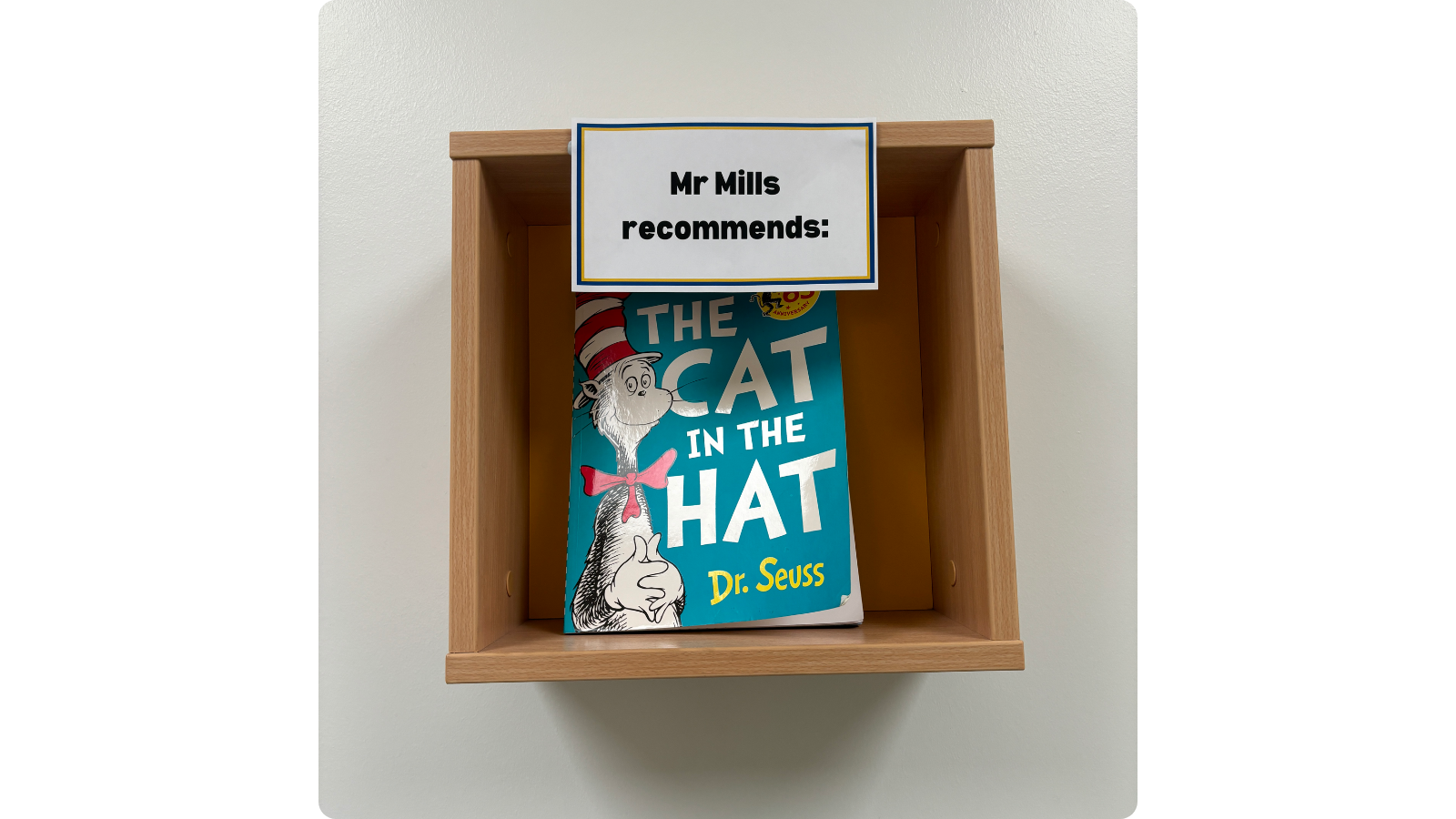
By prioritising teacher training, implementing effective whole class teaching and fostering reading and writing in text, Twynyrodyn Community School has created a wonderful learning environment where children can have ‘the best possible start in life’
Train with us
Join the thousands of education professionals choosing to train in Sounds-Write. No subscription fees, and get lifetime access to CPD materials and support.
You may also like...
Forging Ahead
Tips for supporting students who are ahead of their peers in reading and spelling.
Tita and John's Trip to Australia
Find out how Tita and John got on touring our schools in Australia.
Raising Students' Achievements Through Responsive Teaching
Tita shares her insights on Anna Stokke’s Chalk and Talk podcast exploring formative assessment techniques.
